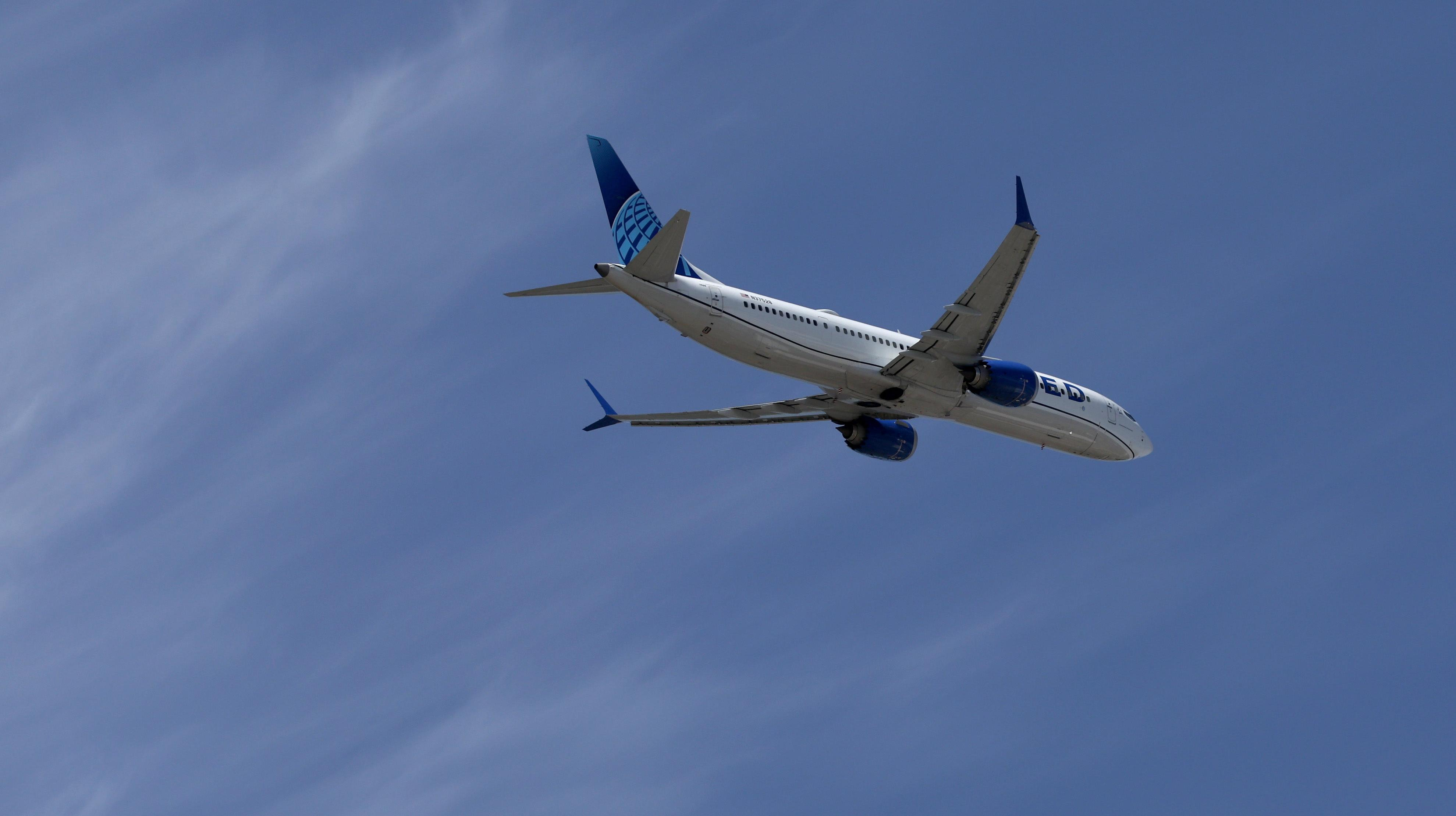Heavier Americans Cause United Airlines To Block Out Seats To Meet Weight Requirements
Safety regulations means airlines have to take into account passengers' average weight
Thanks to Federal Airline Administration requirements, you might have no middle seat weirdo hogging half the armrests on your next United Airlines flight.
Due to a 2019 FAA update of weight averages for travelers, United is nixing three to six middle-seat passengers in 45 of its Boeing 757 aircraft between November 1, 2022, and April 30, 2023.
It's not just the ever-increasing size of the American waistline that's the problem; we're also loaded up with heavier carry-on bags. From the frequent flyer blog Live and Let's Fly:
Airlines must increase the average weight of female passengers (which includes their carry-on items) from 145 pounds to 179 pounds in summer months, and from 150 pounds to 184 pounds in winter months
Airlines must increase the average weight of male passengers (which concludes thier carry-on items) from 185 to 200 pounds in summer months, and from 190 pounds to 205 pounds in winter months
[...]
Starting next week, there will be a red sleeve over the seatbelt that says "Seat inoperative – Do not occupy." The seatbelt will also be zip-tied together.
A memo to flight attendants reviewed by Live and Let's Fly instructs them to "monitor these seats throughout all phases of flight to ensure they remain unoccupied." Should a passenger request one of these seats prior to pushback, they are to be referred to a member of ground staff.
The FAA caused quite a stir in 2021 when it suggested weighing passengers before boarding as a possibility in order to safely distribute weight in the plane, according to Insider. Fears over the intrusive practice proved overhyped, however, as no airline would dream of making flying so dehumanizing and uncomfortable, right? United doesn't seem to be charging extra for seats next to blocked-off seats, according to One Mile At A Time, so if you're flying UA these are the ones to get.
Despite awareness campaigns since the 1980s, America's obesity rate has continued its slow, labored climb in the population. Rates shot up over 10 percent in the first two decades this century, from 30.5 percent of adults in 1999 to 41.9 percent in 2020. Kids and teens are now particularly susceptible to becoming unhealthily overweight, according to Discover. COVID didn't help things, with half of U.S. adults reporting weight gain during lockdowns.
